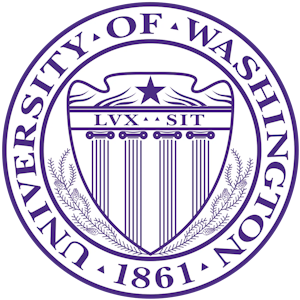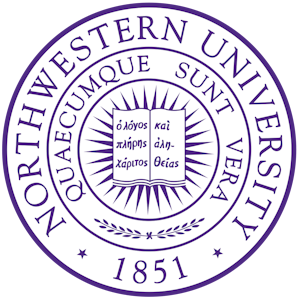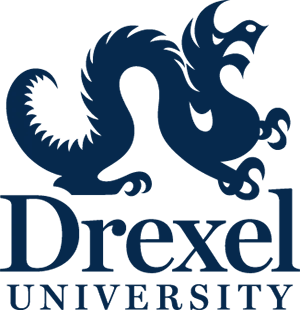You’re looking into data science master’s programs because you want to be a data scientist (or want to be a better data scientist). So start now! Take in the data you can find, ruthlessly question its veracity, and determine the role it should play in your decision-making process.
Go guerilla: Make LinkedIn work for you by finding graduates of the programs you’re interested in and seeing if the outcomes you see justify the program's costs. Better yet, reach out to them, introduce yourself, and see if they’ll connect for a short conversation so you can ask them about their experience with the program. This way, you can connect real faces to the program and be sure of the data quality instead of blindly trusting some opaque ranking body.
In addition to leveraging LinkedIn, get up close and personal with the programs themselves. If a program featured on a best-of list interests you, head to the website and see how they characterize themselves. Check out their faculty members and, even better, look into the research projects these faculty members have participated in. Does their work excite you? Can you see them leading you where you want to go? Do you have questions for them? If so, reach out. Most faculty will have their institutional emails listed on their faculty pages; the worst thing they can do is ghost you. If they respond, you might not only get a response to your question, but you might get that much closer to a favorable admissions decision.
Our smooth transition: what do we look for in a data science program?
Now that you know to trust but verify when it comes to rankings, best-of lists, and the rest, we’ll explain our thinking as we compiled the picks for in-person and online data science master’s programs featured below.
In general, we want a data science master’s program to teach the following skills:
Computer science and information technology: Excel, SQL, coding with Python or R programming language
Applied mathematics: statistics, probability, linear algebra
Machine learning: supervised learning, unsupervised learning, reinforcement learning, deep learning, and relevant software libraries like Pandas
Data skills: data engineering, data mining, data visualization, data management along the entire data pipeline
Data science principles and core skills: research design, data science ethics, data storytelling
We also want a data science master’s program to provide ample opportunity for the practical application of the skills learned, including through a final faculty-supervised capstone project.
In addition to this basic curriculum, we weigh the following in determining whether to count a program among our favorites:
Reputation: Will a school’s name get your resume noticed? Does it come with an active alumni community?
Career-Readiness: Is the program interested in producing good students and good data scientists? Is there outcome data that affirms this?
Modality: Does a school offer its online, in-person, or both curriculum? Are there options for part-time, full-time, and self-paced study?
Cost: Given all these other factors, does a school offer good value for money? Can a student with a good work ethic and an aptitude for data science reasonably expect to see a good return on investment in the near- or mid-term?
With all that in mind, our picks also highlight courses that provide feasible paths to a data science career for individuals from all backgrounds and all price points. So, what you see below isn’t a ranking but a set of programs to kick off your research and give you a better idea of what’s out there.








